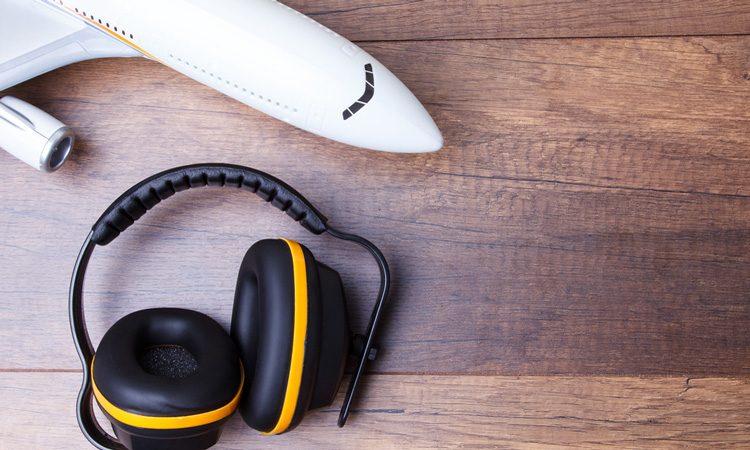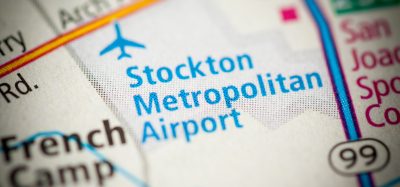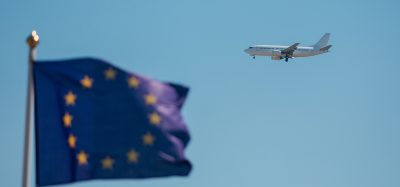Gatwick Airport’s noise footprint shrank by seven per cent throughout 2018
- Like
- Digg
- Del
- Tumblr
- VKontakte
- Buffer
- Love This
- Odnoklassniki
- Meneame
- Blogger
- Amazon
- Yahoo Mail
- Gmail
- AOL
- Newsvine
- HackerNews
- Evernote
- MySpace
- Mail.ru
- Viadeo
- Line
- Comments
- Yummly
- SMS
- Viber
- Telegram
- Subscribe
- Skype
- Facebook Messenger
- Kakao
- LiveJournal
- Yammer
- Edgar
- Fintel
- Mix
- Instapaper
- Copy Link
Posted: 5 June 2019 | International Airport Review | No comments yet
New aircraft in service at Gatwick are up to 50 per cent quieter than the aircraft they replace and are set to become the ‘workhorses’ of Gatwick’s fleet; helping to reduce the airport’s noise footprint.


Improved operational procedures (including smoother descents that reduce drag and use less power), the phasing out of the noisiest aircraft and the introduction of new, quieter aircraft has reduced the size of Gatwick’s noise footprint by seven per cent in 2018 in comparison to 2017, according to the annual noise exposure contour analysis carried out by the Civil Aviation Authority.
Using the nationally recognised standard measurement (54dBA Leq), Gatwick’s noise footprint shrank from 82.7km2 to 77.1km2 in 2018 – compared to 2017 – meaning the number of people living within the noise contour fell from 10,950 to 10,200.
Cumulatively, over the last two years, 900 people have been taken out of this noise footprint as it shrank 11 per cent – reducing in area from 86.5km2 in 2016 to 77.1km2 in 2018.
Gatwick’s noise footprint has reduced by 48 per cent over the last 20 years and by 14.5 per cent over the last decade.
In terms of future noise reductions, the next generation of aircraft – including the Airbus A320neo, A321neo and A350, and Boeing’s 787 (Dreamliner) – are up to 50 per cent quieter than their predecessors. In the future the airline fleets that operate from Gatwick will be dominated by the quieter aircraft, with forecasts showing that this type of next generation aircraft will make up 86 per cent of Gatwick’s fleet by 2032/33, up from three per cent in 2017/18.
The independent noise management board at Gatwick was formed in 2016, bringing the local community and the aviation industry together within a formalised structure, and is considered to be an industry-leading approach to managing noise issues at a local level.
Andy Sinclair, Gatwick’s Head of Airspace, said: “We are making good progress against our objective of reducing the impact that aircraft noise has on our local communities, but we recognise that more must be done. We are delighted with the work of the noise management board and we hope that it continues its strong influence in decision making at the airport. We will continue to challenge ourselves and our industry partners and will be introducing a range of new initiatives to reduce noise further in coming years.
“Over time, aircraft noise has dramatically reduced at Gatwick and in the next few years I expect to see further improvements as more next generation aircraft are introduced in significant numbers. The large-scale redesign of airspace across South East England is also underway and has the potential to significantly reduce noise impacts around the airport.”
Related topics
Noise abatement, Regulation and Legislation, Sustainability, Sustainable development


















